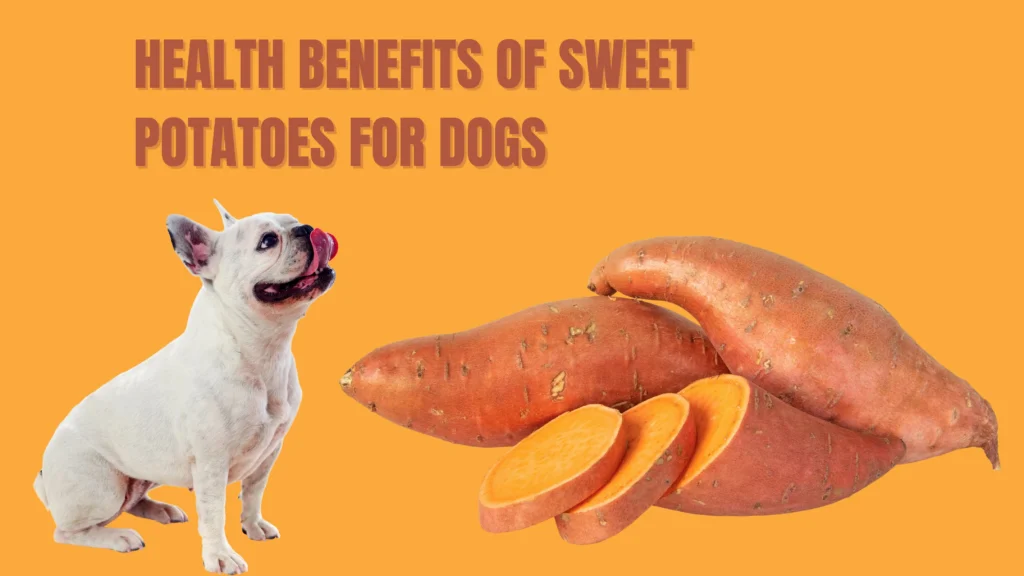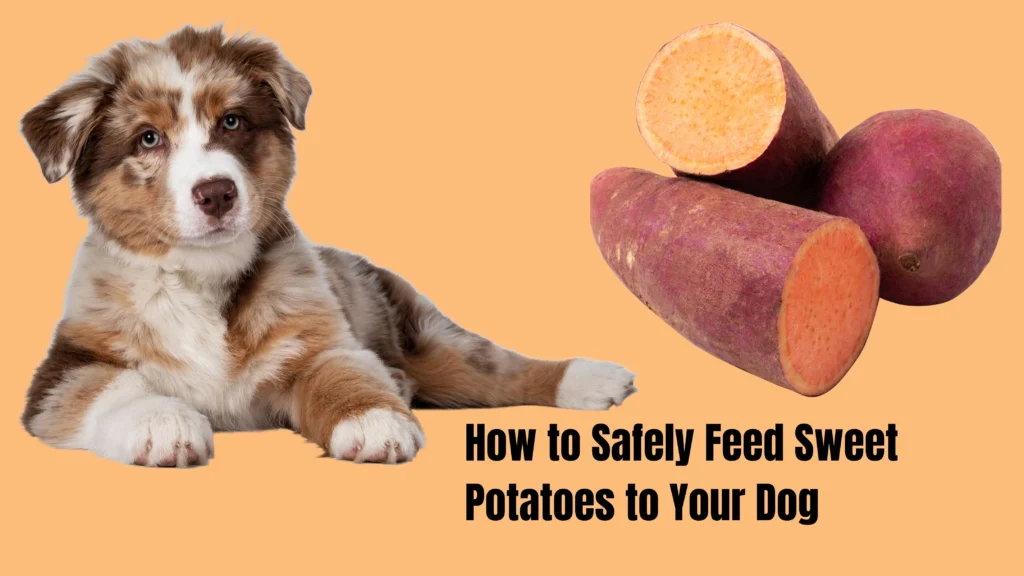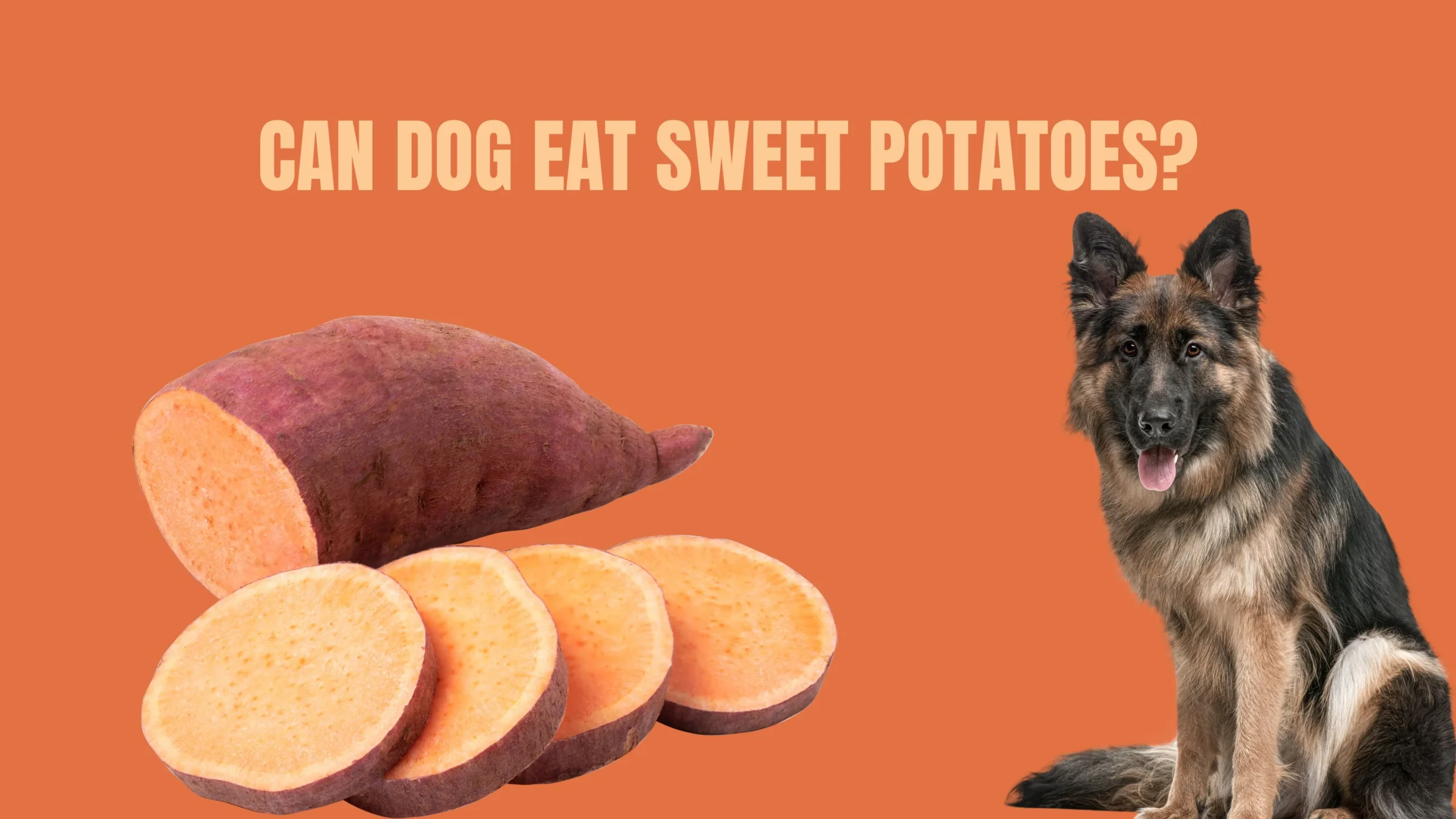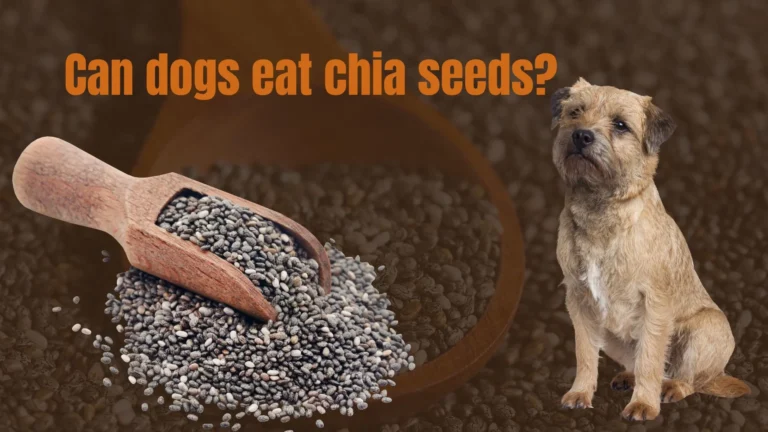CAN DOG EAT SWEET POTATOES?
Sweet potatoes can be a nutritious and safe treat for dogs when offered in moderation. Packed with essential nutrients like vitamins A, B6, and C, they also provide important minerals such as potassium, iron, and calcium. One of the main benefits is their high fiber content, which supports healthy digestion in dogs, while the presence of beta-carotene helps with vision and overall cell growth. Can dog eat sweet potatoes?
These starchy root vegetables are a common ingredient in commercial dog food, largely because they are considered a “complex carbohydrate,” offering a steady source of energy. However, it’s important to serve them plain, without additives like butter or sugar, to avoid harming your dog’s health.
Sweet potatoes are also beneficial for dogs due to their low glycemic index, meaning they are less likely to cause blood sugar spikes, making them a safer option for diabetic or overweight dogs when given in controlled amounts.
Additionally, they contain antioxidants that can protect against cell damage and boost immune function. Veterinarians like Dr. Gary Richter suggest including fresh whole foods like sweet potatoes in a dog’s diet for overall better health. However, care should be taken to avoid processed forms such as fries or chips, and to consult a vet before making any significant dietary changes.
Can Dogs Eat Cooked Sweet Potatoes?
Sweet potatoes, when cooked properly, can be a nutritious and enjoyable treat for your dog. However, it’s crucial to ensure they are prepared without any human-friendly additives like butter, cream, salt, or garlic, as these can be harmful and even lead to serious health issues such as pancreatitis.
Cooking sweet potatoes is the best way to make them easier for dogs to digest and maximize their nutritional benefits, but they should always be given in moderation to avoid any digestive upset prepare sweet potatoes for your dog, start by thoroughly washing them to remove any dirt or pesticides, then peel the skin off and cut them into bite-sized pieces suitable for your dog’s size. You can steam, boil, or bake them until soft, allowing them to cool before serving. It’s important to keep the preparation simple, avoiding any oils, seasonings, or spices to keep your dog safe while they enjoy their tasty treat.
CAN DOGS EAT RAW SWEET POTATOES?
While cooked and unseasoned sweet potatoes are a safe and healthy treat for dogs when given in moderation, raw sweet potatoes should be avoided entirely. Uncooked sweet potatoes are not only tough for dogs to chew but can also pose a choking hazard. Their dense, hard texture makes them difficult to digest, potentially leading to an upset stomach or more serious gastrointestinal issues.
Feeding raw sweet potatoes to dogs can result in complications such as intestinal blockages, especially for dogs that tend to eat quickly.
Symptoms of such blockages include vomiting, loss of appetite, bloating, abdominal pain, and lethargy. If your dog accidentally consumes raw sweet potatoes and shows any of these signs, it’s important to seek veterinary care immediately to prevent further complications. Always cook sweet potatoes to ensure they are safe and easily digestible for your pet.

HEALTH BENEFITS OF SWEET POTATOES
Sweet potatoes offer a wealth of health benefits for dogs, making them a valuable addition to their diet when fed in moderation. Rich in dietary fiber, they promote digestive health by alleviating issues like constipation and diarrhea while also helping dogs feel fuller for longer, which is useful for managing weight. Sweet potatoes are also low in fat and packed with essential vitamins and minerals like Vitamin A, B6, C, potassium, calcium, and manganese, all of which contribute to overall wellness, including healthy skin, coat, muscles, and nerves.
Antioxidants found in sweet potatoes, such as beta-carotene and Vitamin C, play a key role in boosting the immune system, reducing inflammation, and protecting cells from damage caused by free radicals. These nutrients are particularly beneficial for eye health, as Vitamin A supports good vision, and the anti-inflammatory properties can help alleviate joint pain in dogs with arthritis.
However, it’s important to note that while sweet potatoes are a nutritious carbohydrate source, they are high in sugar and should be fed in moderation, especially for dogs with diabetes or weight issues.
Incorporating sweet potatoes into a balanced diet can promote stronger bones, thanks to the calcium content, and support heart and nerve function due to the high levels of potassium. Though sweet potatoes are a great source of healthy carbohydrates and fiber, which aid digestion and provide energy, they should not be a dog’s main source of nutrition. It’s important to ensure that dogs receive a balanced diet with sufficient animal protein, with sweet potatoes serving as an occasional treat or a supplement to their regular meals.

How to Safely Feed Sweet Potatoes to Your Dog
Sweet potatoes can be a nutritious addition to your dog’s diet, but they must be cooked, peeled, and served plain. Avoid seasoning or adding ingredients like butter or salt that may be harmful to dogs. A little sweet potato purée can add flavor and fiber to your dog’s regular food or be used as a treat in puzzle toys. However, moderation is key, as treats should only make up 10% of a dog’s daily caloric intake, while the rest should come from a balanced diet.
When introducing sweet potatoes to your dog, start with small portions and consult your veterinarian to ensure it aligns with your dog’s dietary needs. Cooking sweet potatoes properly removes harmful compounds and makes them easier for dogs to digest. Always avoid adding seasonings, oils, or other harmful ingredients, and monitor your dog for any adverse reactions after introducing sweet potatoes. Overfeeding can lead to issues such as weight gain, so it’s important to follow the “10% rule” and only offer small, appropriate portions based on your dog’s size.
If your dog enjoys sweet potatoes and handles them well, you can gradually increase the serving size, but always ensure that sweet potatoes remain a small part of their overall diet. You can serve them boiled, baked, or steamed, cut into bite-sized pieces or mashed, and mixed into your dog’s regular meals. Remember to consult your vet for guidance on the appropriate amount for your dog, ensuring that these nutritious vegetables are given safely and in moderation.







